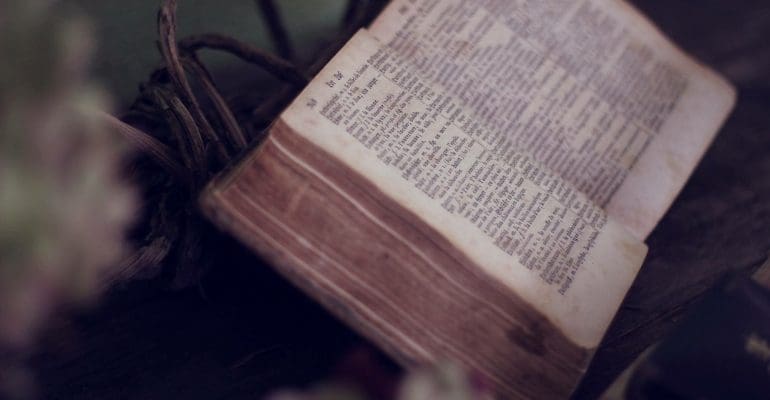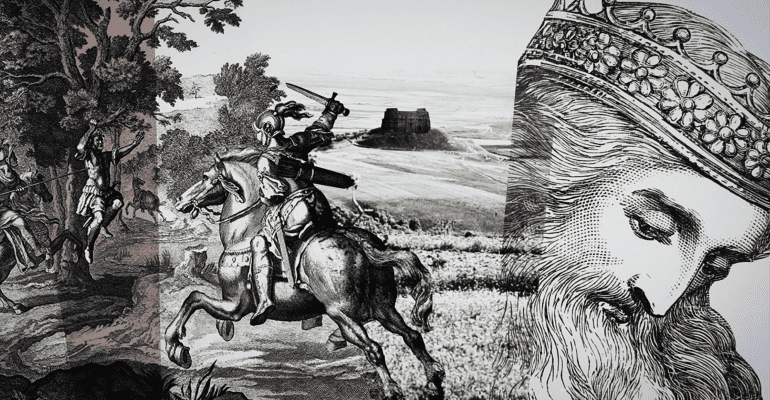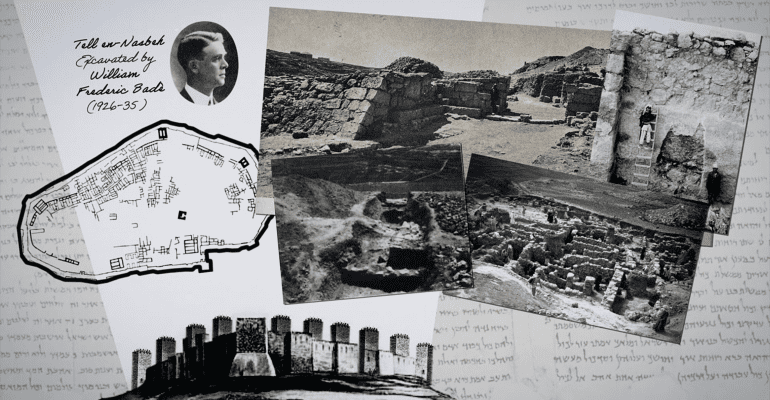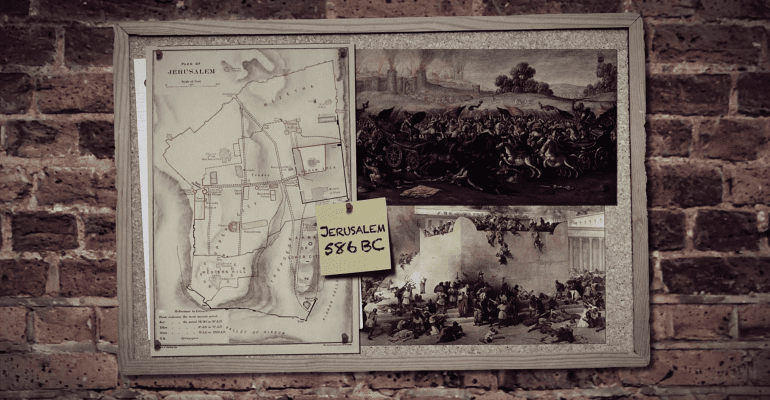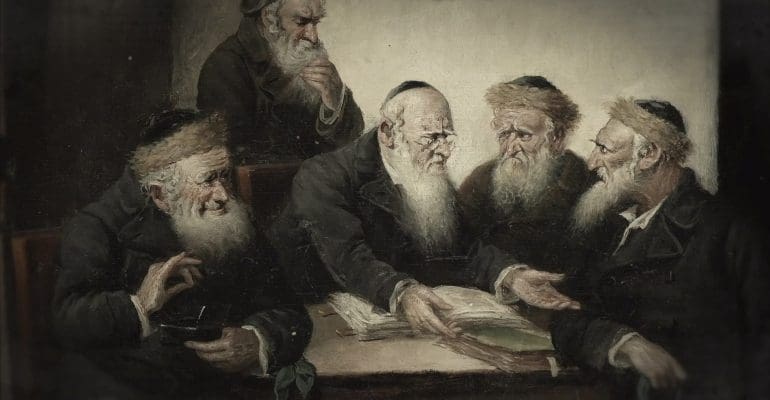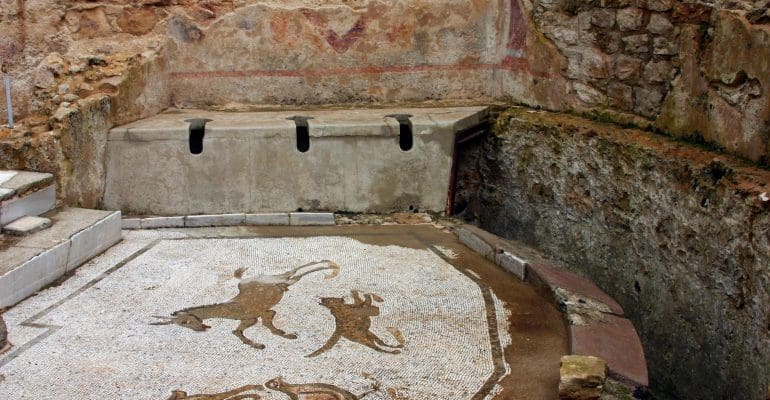Cart 0
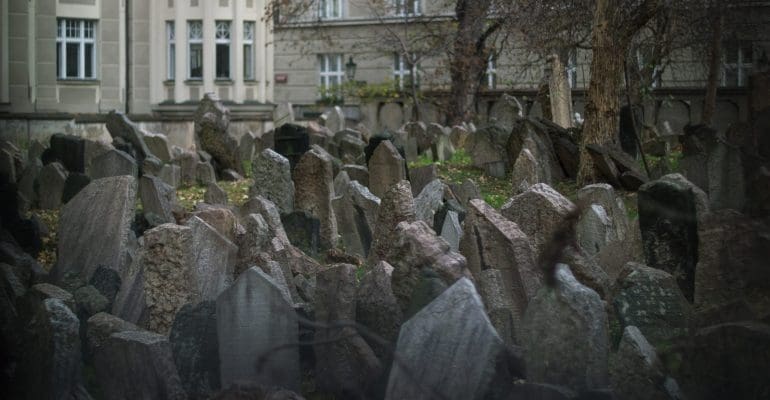
Q17. Can a Christian be cremated?
Q17. Can a Christian be cremated?
in Tags
Q: “Can a Christian be cremated in regard to the Resurrection?” Dale W. Cremation does not affect the resurrection in any way. The negative moral tone applied to the practice of cremation is partly cultural upbringing and a matter of conscience. I will quickly go over why people believe it



